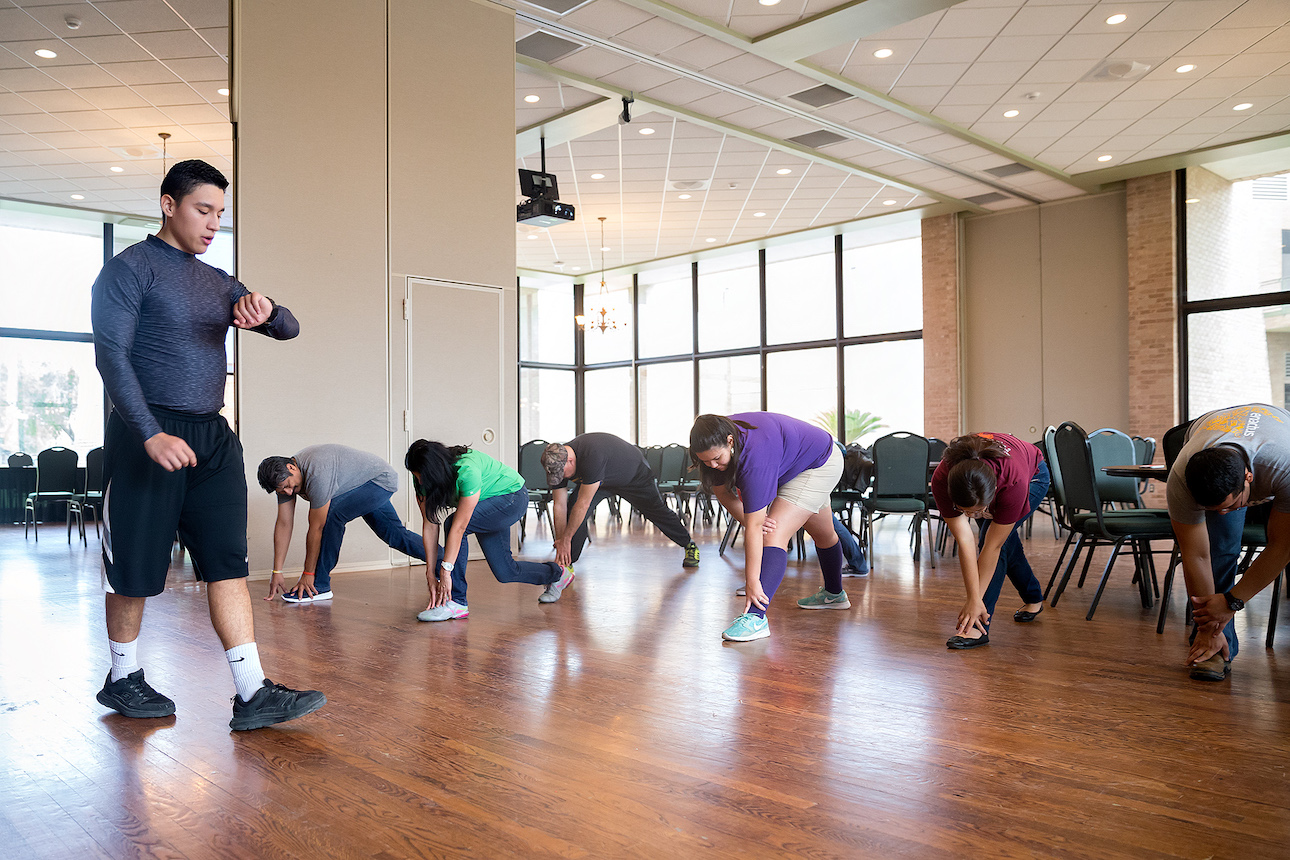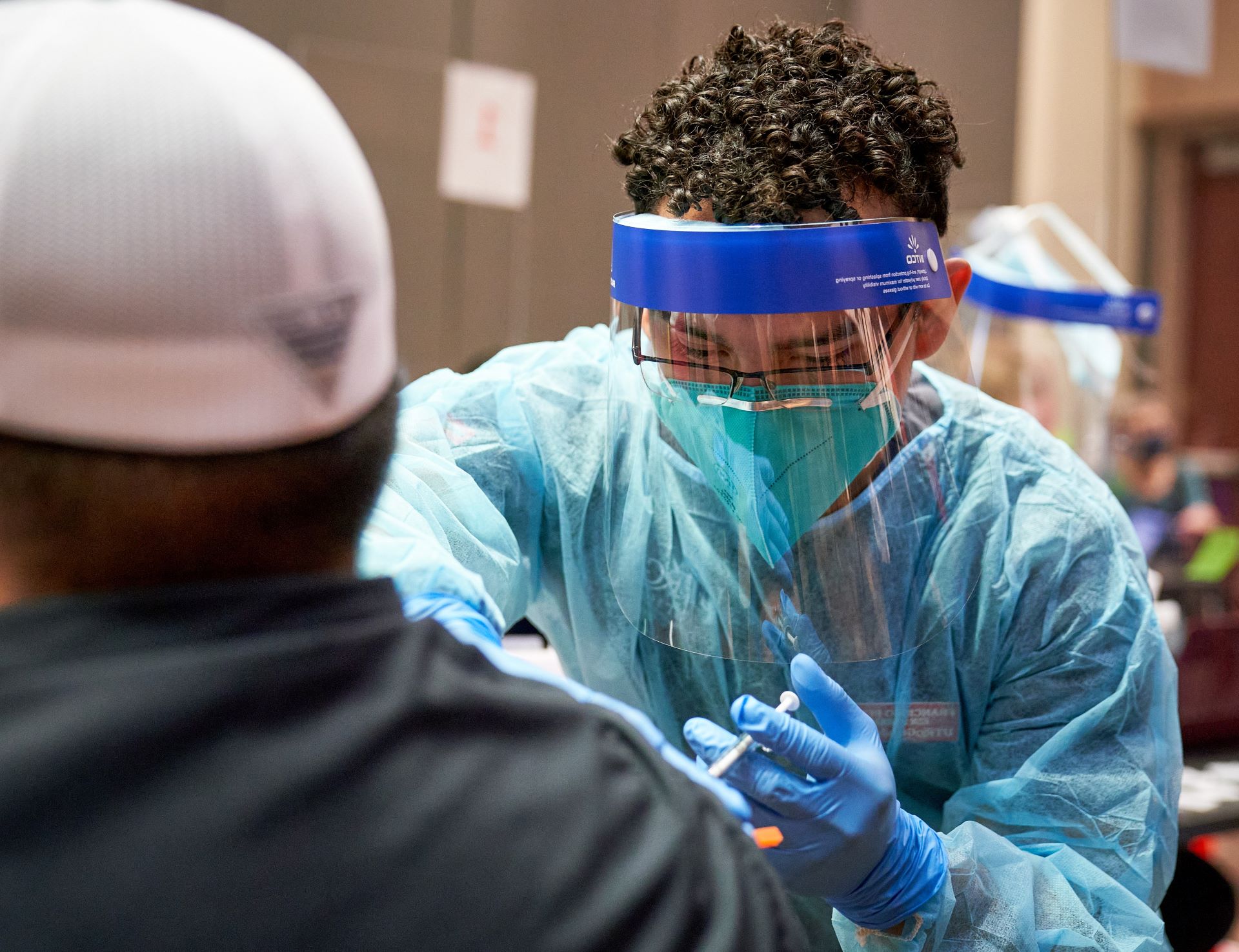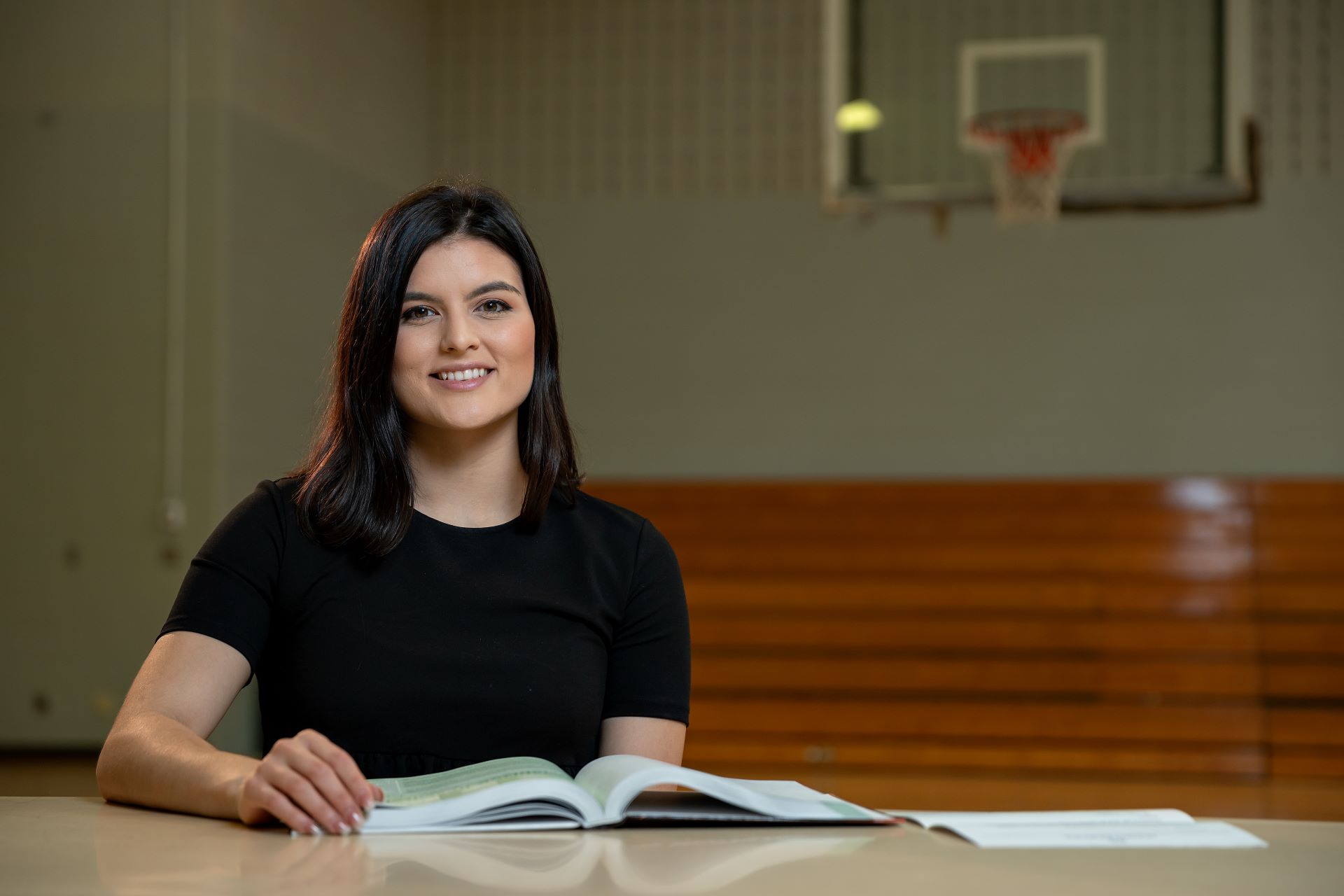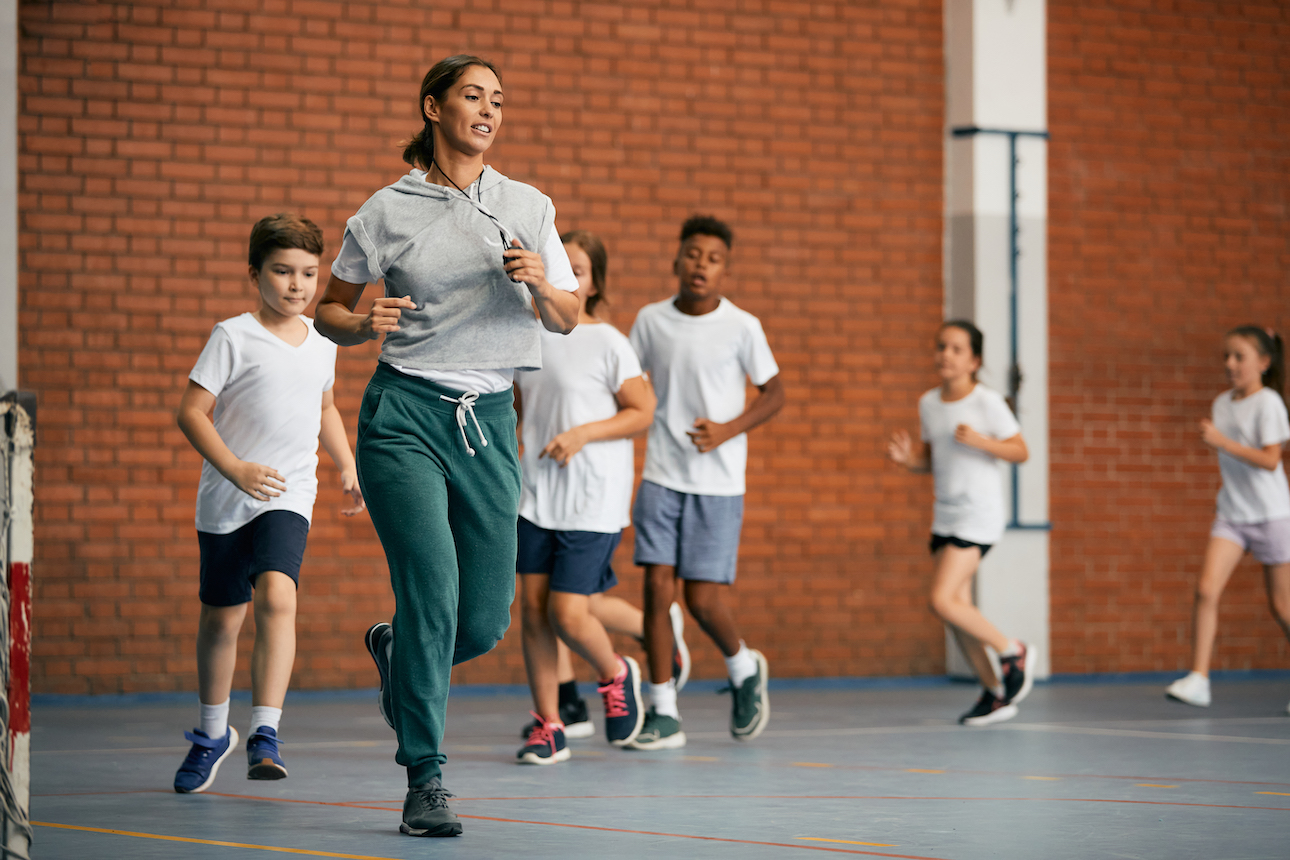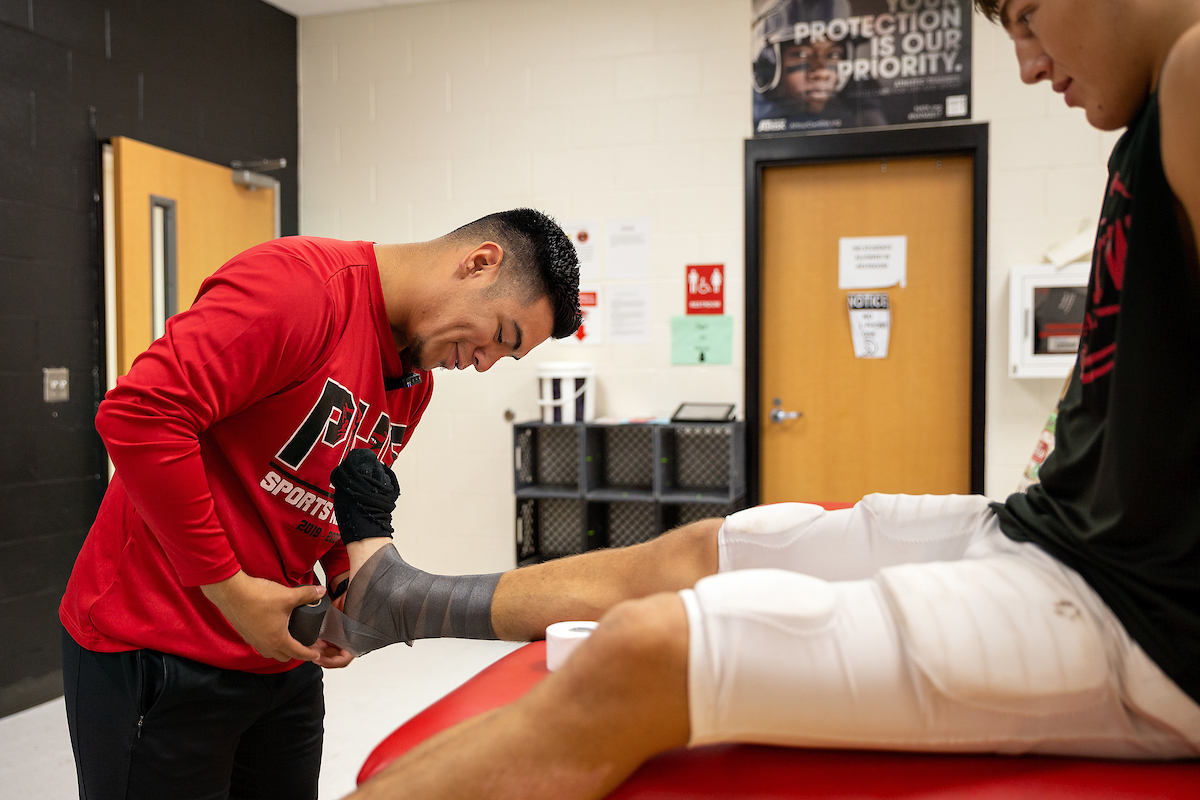Welcome to Department of Health and Human Performance
Bachelor's
Exercise Science (BS)
Bachelor of Science in Exercise Science
Program Modality: Campus
The Bachelor's degree in Exercise Science equips students with the advanced knowledge and skills required to improve the quality of life of others. Students receive quality training in the prevention and treatment of chronic health conditions such as diabetes, obesity, pulmonary rehabilitation, and more. The program provides students with a foundation in basic clinical laboratory and health fitness techniques that have the potential to advance career opportunities in exercise science fields. This program offers concentrations. Upon graduation, students are prepared for applicable national certification exams.
Concentrations:
Health (BS)
Bachelor of Science in Health
Program Modality: Campus
The Bachelor’s degree in Health provides students with the advanced knowledge and skills essential for treating and promoting health and wellness. The Health program offers rewarding opportunities for becoming an advocate for community health. The program is dedicated to improving the quality of health and wellness for people of all ages. Graduates will be leaders in evaluating and promoting health techniques and services in various health-related settings.
Kinesiology (BS)
Bachelor of Science in Kinesiology
Program Modality: Campus
The Bachelor's degree in Kinesiology provides students with the foundation for improving quality of life through the understanding and promotion of effective health techniques. The program combines exercise with the physiological aspects of health and wellness. This program offers concentrations. Graduates of the program are prepared for rewarding careers and opportunities in various public and private health settings.
Concentrations:
Kinesiology - Teacher Certification (BS)
Bachelor of Science in Kinesiology - Teacher Certification
Program Modality: Campus
The Bachelor’s degree in Kinesiology provides students with the foundation for improving quality of life through the understanding and promotion of effective health techniques. The program combines exercise with the physiological aspects of health and wellness. Graduates of the program are prepared for rewarding careers and opportunities in various public and private health settings.
Master's
Exercise Science (MS)
Master of Science in Exercise Science
Program Modality: Campus
The Master’s degree in Exercise Science provides students with the in-depth knowledge and research capabilities to become exercise science practitioners. The program equips graduates with advanced skills in the prevention and treatment of diseases such as diabetes, obesity, hypertension, and many more. The Exercise Science program provides graduate scholars with the competence and mastery in exercise science services to apply theoretical and practical applications of exercise science for providing high-quality care to all communities.
Kinesiology (MS - Health Professions Education and Technology)
Master of Science in Kinesiology with a concentration in Health Professions Education and Technology
Program Modality: Online
The health professions education and technology concentration will prepare graduates to lead and educate allied health, nursing, and medical professionals; public health practitioners; community health educators; health science educators and administrators. Graduates of the program will also help fulfill the need for qualified teaching faculty in the medical and allied health professions at all levels of professional preparation.
This program is only offered in an accelerated format and is 100% online.
Kinesiology (MS - Physical Education)
Master of Science in Kinesiology with a concentration in Physical Education
Program Modality: Online
The physical education concentration within the Master of Science in Kinesiology program is designed to allow teaching professionals the opportunity to advance their careers, expand their proficiency, and increase their value at elementary and secondary institutions in public, private and religious schools. Concentration courses focus on physical and health education methods and curriculum development.
This program is only offered in an accelerated format and is 100% online.
Kinesiology (MS - Sport Management)
Master of Science in Kinesiology with a concentration in Sport Management
Program Modality: Online
The sport management concentration within the Master of Science in Kinesiology is designed to prepare sport professionals for a variety of management-related careers in athletic, recreation, and education settings. Potential career paths are virtually limitless, with new specialties continually emerging. The sport management curriculum includes specialized courses in sport law, marketing, event and facility management, and relevant field experience.
This program is only offered in an accelerated format and is 100% online.


